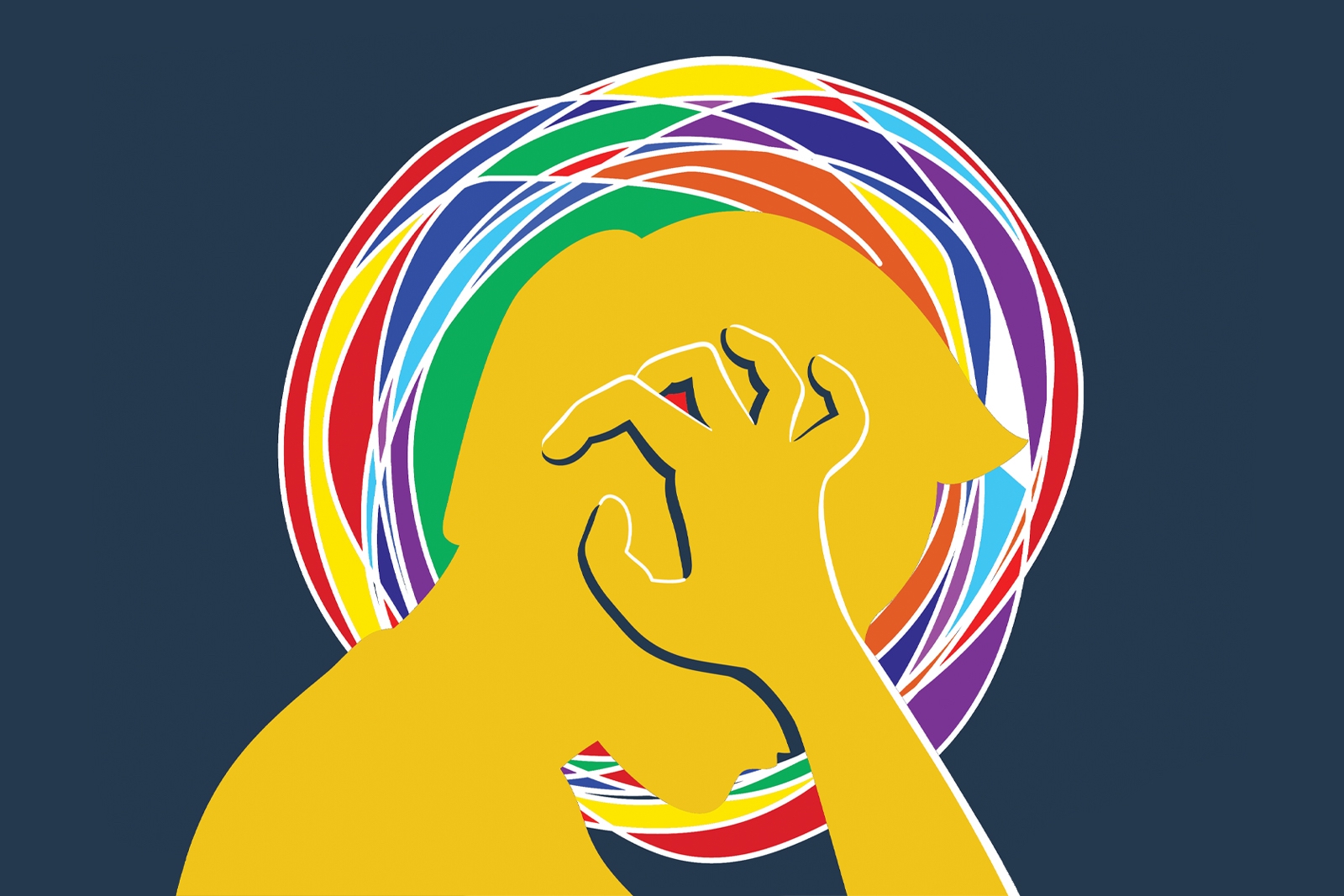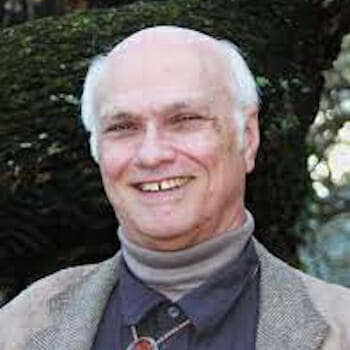
Health
It’s Time to Mainstream Ibogaine Therapy
The push to bring psychedelic ibogaine into the mainstream as a treatment for post-traumatic stress disorder (PTSD) gained momentum during the 2024 election. Erin Witter, director of the Colorado Psychedelic Society, views the nomination of Robert F. Kennedy Jr. as Secretary of Health and Human Services as a pivotal moment for the movement.
“It’s promising for the movement,” Witter said in an interview. “[Kennedy’s] support for alternative health and him being open about his struggle with addiction as well as his son’s, and how they were helped with at least some of the psychedelics.”
Advocates are hopeful because Kennedy has consistently backed expanding access to psychedelic therapies for military veterans. He has also championed pathways to legalize substances like psilocybin and ibogaine, aligning his vision with the incoming Trump administration’s stated emphasis on veterans’ health. Together, these factors create a rare bipartisan opportunity to advance life-saving therapies.
The stakes for addressing PTSD in the U.S. could not be higher. The American Psychological Association estimated that the annual cost of PTSD in the U.S. among all U.S. civilians, active-duty military, and veterans was a staggering $232.2 billion in 2018. This staggering figure encompasses direct healthcare expenses but also the less tangible economic burdens of lost productivity and strained family stability.
Ibogaine, a natural psychedelic derived from the Gabonese shrub Tabernanthe iboga, has long been used by the Bwiti religion for healing and spiritual practices. In recent years, its potential as a medical treatment has come into sharper focus. A 2021 Time article described ibogaine as one of the most promising tools for overcoming addiction.
Scientific research reinforces this promise. A Stanford University study revealed that when combined with magnesium to protect the heart, ibogaine reduced symptoms of PTSD, anxiety, and depression by more than 80%. Veterans with traumatic brain injuries showed marked improvement in functionality and overall well-being. Ibogaine has also demonstrated remarkable efficacy in combating opioid addiction, an epidemic that continues to devastate communities.
The transformative potential of ibogaine inspired Martin Shefsky to establish mPath Therapeutics, a company at the forefront of this burgeoning field. To advance his vision, Shefsky partnered with ibogaine therapy pioneer Boaz Wachtel. Together, they aim to create pharmaceutically manufactured, dosage-controlled ibogaine to ensure safety and reliability.
However, significant barriers remain. Like marijuana, ibogaine is classified as a controlled substance in the United States. To bypass these restrictions, mPath is establishing operations in Jamaica, producing GMP-certified ibogaine for use in global clinics.
This approach contrasts sharply with the current unregulated market, where most ibogaine is smuggled out of Gabon. Wachtel noted in an interview that the demand has led to the poaching of plants vital to the Bwiti. To mitigate this, mPath sources commercially grown iboga and dedicates a portion of its profits to supporting the Bwiti community.
Dozens of companies are racing to develop synthetic ibogaine, which can be patented and more easily approved by regulators. Natural ibogaine, by contrast, remains unpatentable and is essentially a generic drug, ensuring greater affordability but posing challenges to commercialization.
Shefsky envisions a more structured model for ibogaine treatment. Patients would first receive therapy in a hospital setting before transitioning to a clinic for rehabilitation and mental health support. This approach not only prioritizes patient safety but also allows for precise measurement of outcomes—a stark improvement over the ad hoc methods currently in use.
The therapeutic potential of ibogaine has been corroborated by groundbreaking research. A Stanford study led by William Nolan involved 30 veterans who underwent ibogaine treatment. MRI scans taken before and after the therapy revealed significant reductions in PTSD symptoms and improvements in brain function. Follow-ups conducted over six months confirmed sustained benefits.
A key factor in ibogaine’s effectiveness is its metabolite, noribogaine, which continues to promote recovery for months. Even when patients relapse, a second round of ibogaine treatment often enables them to regain control over their addiction and PTSD symptoms.
The need for such a breakthrough is urgent. According to the National Center for Health Statistics, opioid overdose deaths reached 75,673 in a single year, while nearly 9 million Americans misused opioids in 2023. Veterans, who account for only a fifth of PTSD sufferers, face disproportionate harm, highlighting the need for innovative treatments.
For Wachtel, mainstreaming ibogaine therapy could be a lifeline for the 400,000 U.S. veterans battling opioid addiction, many of whom are self-medicating to cope with PTSD.
Nolan describes ibogaine as unparalleled in its ability to address addiction and its underlying causes. His study demonstrated how a single treatment could aid in addiction withdrawal while simultaneously tackling the root trauma.
As the incoming Trump administration prioritizes controlling unregulated fentanyl entry into the U.S., it should also focus on treating those already addicted. For Shefsky, the incoming administration has a golden opportunity to fast-track ibogaine approval and integrate it into Veterans Administration protocols.
At the very least, he calls for an open dialogue on the merits of this groundbreaking psychedelic. For countless individuals, ibogaine represents a hope for healing that conventional treatments have yet to deliver.
